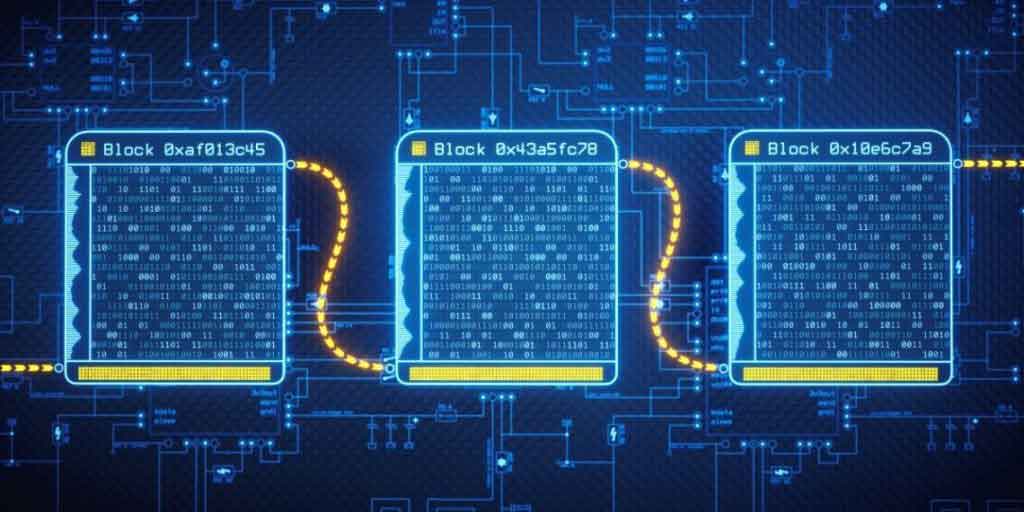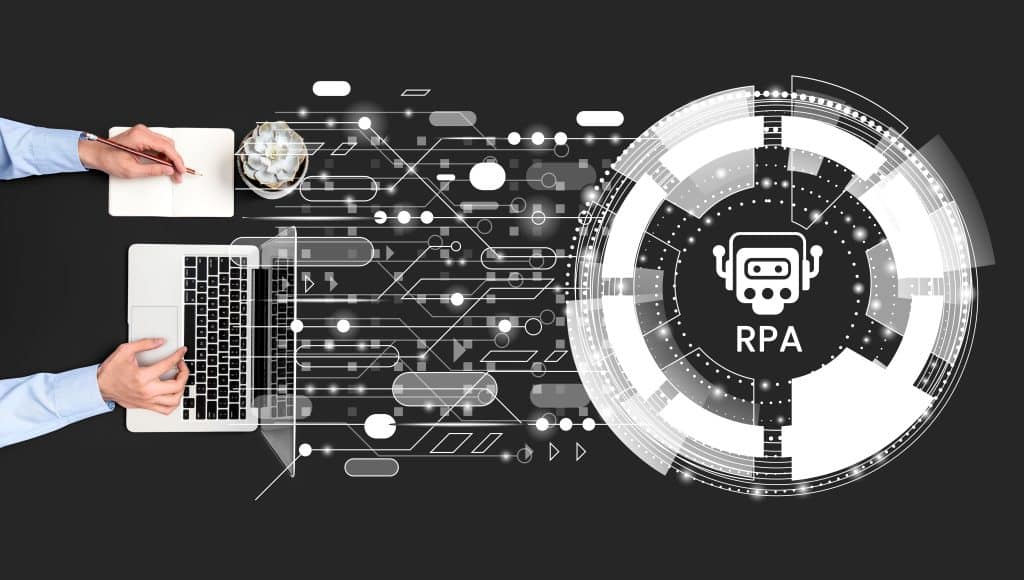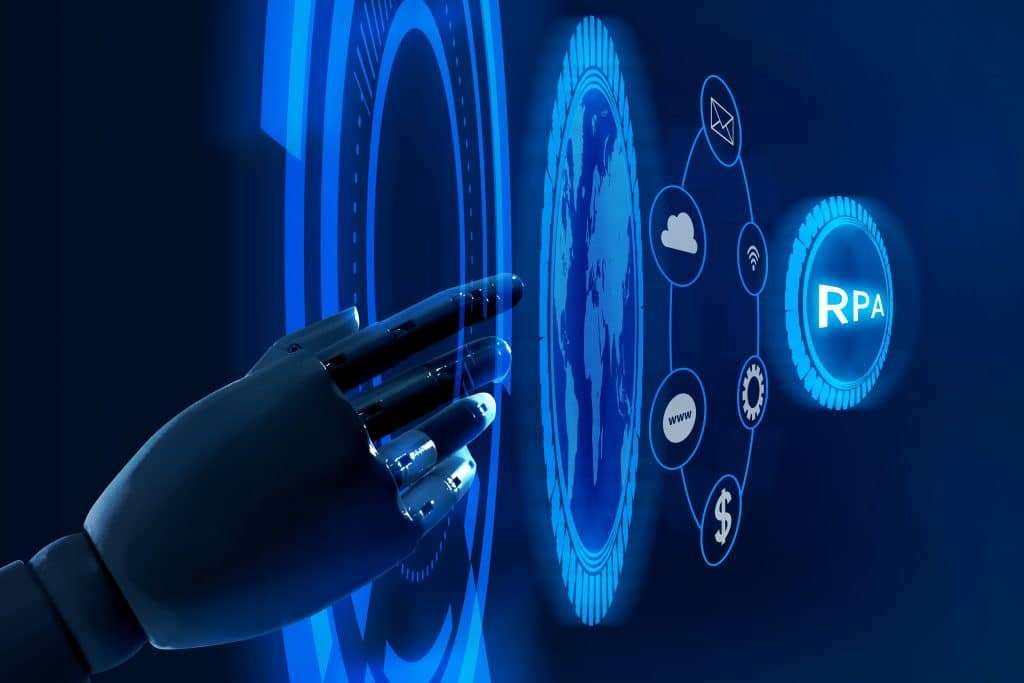In the high-tech world of today, the need for RPA (Robotic Process Automation) professionals is rapidly growing. RPA Developers are those who have the primary role in making business processes automated, thus result in improving efficiency and driving for the better. The main theme of this exhaustive guide is an RPA Developer and his/her purpose. The article has the main points of their responsibilities and what skills are necessary. Moreover, it reveals that there are some attractive career possibilities involved in this vibrant industry.

Table of Contents
Introduction to RPA Developers
An RPA Developer is a professional, who is trained and specialized in the specific field. Their primary job is to create, develop, and launch software robots or “bots”. These bots handle rule-based and repetitive tasks by automating them. RPA developers are the people who utilize RPA tools and platforms. They design bots that can seamlessly communicate with digital systems. These bots perform their duties with high precision and also simplify businesses operations. The Developer is the center, the most important person who is helping organizations to realize lower and more effective operational costs.
Key Responsibilities of an Developer
The work of RPA Developers consists of different responsibilities that cover the area of designing and implement automation solutions. Some of the key responsibilities include:
Designing Automation Solutions
RPA Developers collect much of the business information in order to figure out what automation opportunities are. They come up with effective automation solutions that can be a copy of human actions on the way to a streamlined process, which, as a result, brings efficient operations.

Developing and Testing Bots
After the design phase is over, Robotic Process Automation bots development is done through RPA tools and platforms. They do the writing and testing of the scripts to make sure that the bots are well-functional and are under the required specifications. Hard testing is a crucial procedure in detecting and solving all the bugs before the deployment of the robots.
Maintaining and Monitoring Bots
Once the RPA Developers are deployed, they observe the bots every time to double-check if everything runs well. They are the ones who are accountable for the maintenance and updation of the bots, in terms of the integration of the business processes and software applications.
Collaborating with Stakeholders
RPA Developers often work in collaboration with business analysts, project managers, and other stakeholders. They compile the necessary requirements, provide feedbacks, and ensure that the automation solutions are in accordance with business goals. Effective communication and collaboration are key factors to deliver the project on time and with good results.
Skills Required to Become an RPA Developer
In order to be the best experienced RPA Developer, you need to possess several technical and soft skills. Here are some interesting skills that you will need to have for this role:


Technical Skills
- RPA Tool Proficiency: Information about the leading RPA platforms like UiPath, Blue Prism, and Automation Anywhere is a must as these are very popular in the market. Developers should know how to make, test, and deploy robots by using these tools.
- Programming Knowledge: An expert one in programming languages such as Python, Java, C#, or VBScript is a big plus. In addition, coding skills are quite necessary when it comes to being able to write scripts and customize automation solutions.
- Understanding of Databases: In order to cope with data extraction, manipulation, and integration tasks it is necessary to have a thorough knowledge of databases and SQL.
- Knowledge of AI and ML: AI has had a strong impact on the business world, and deep learning (a subfield of machine learning) can give an RPA Developer a significant advantage in building more advanced and intelligent automation systems.
Soft Skills
- Analytical Thinking: Create a subconscious and sudden solution mechanism that automates business processes. The RPA Developer must, therefore, have strong analytical skills to understand the complexities of business processes and thus, be able to identify automation opportunities.
- Problem-Solving: The efficiency of software products is dependent on critical activities like error detection and problem-solving. Therefore, the ability to troubleshoot and resolve technical issues is the center of attention for effective automation development.
- Communication: Grouping staff with different levels of ability in communication skills are effective in different situations. Collaboration between technical and non-technical staff for the completion of project tasks is also more effective when employees can convey and understand technical concepts with ease. Clear communication skills are important for collaborating with stakeholders and conveying technical information to non-technical team members.
- Attention to Detail: Оnly the user’s clear-cut instructions, delivered with a high degree of accuracy, can bring about reliable and error-free automated processes.
Career Opportunities for RPA Developers
Many professions in the field of RPA offer some of the most interesting opportunities for the most highly skilled professionals. As automation technologies are taken up by organizations, the need for RPA Developers is predicted to grow. Here are some career paths and opportunities in the RPA domain:

RPA Consultant
RPA Consulting is the process of consolidating the improvements achieved by companies into panel pipes, warehousing, supply chain, and back-office operations as a business unit. RPA Consultants are extensively engaged in the end-to-end process of designing, developing, and delivering a digital workplace. They are the ones who provide expert advice on best practices, tool selection, and optimization strategies so that organizations can get the benefits of RPA to the maximum extent.
RPA Architect
RPA Architects is the person in charge of the overall automation architecture of a system that must be designed to meet the goals of a company. They figure prominently in the preparation and coordination of the RPA project, ensuring scalability and efficiency across the board.
RPA Business Analyst
RPA Business Analysts fill the space between technology and business. They are capable of seeing the automation possibilities, obtaining the necessary requirements, and documenting the whole process in detail. They also are typically more communicative in nature and thus more comfortable in RPA Developer
and other virtual positions to manage the implementation of the project.
RPA Project Manager
RPA Project Managers are the people who are responsible for the whole lifecycle of an RPA project, starting from the first planning stage all the way to deploying and maintaining it. They track the flow of resources, deadlines, and capital to make sure that the projects are completed and delivered within the set limits.

Advanced Roles in AI and ML
Professionals with a foundation in RPA can possibly develop their careers into advanced levels. Some positions are in the field of artificial intelligence (AI) and machine learning (ML). Such opportunities include AI Developer, ML Engineer, and Data Scientist. They can utilize their automation skills for the design of smart and adaptable solutions in these roles.
Conclusion
Robotic Process Automation (RPA) has changed the way businesses are run, and the RPA developers are the ones who are at the front of these changes. A more knowledgeable workforce plays an important role in bringing innovation and maintaining competitiveness such as through automation of repetitive tasks and improvement of processes. A wide variety of career options are at hand. Those having the skills and the know-how may eagerly anticipate a career in the field of RPA. They can also thus be successful in this job.
What is the future of RPA developer?

The future of RPA developers looks promising, with several key trends shaping the field:
Increased Demand: Automation is the key to allowing more businesses to automate over time, which will be the main reason for a need to hire RPA developers who are highly skilled, especially in the finance, healthcare, and manufacturing sectors that have been early adopters of automation technology.
Integration with AI and ML: The RPA developers will be able to work out the AI and ML with the RPA to solve the high-level of the problem as decision-making and cognitive automation that will be put into practice. As a result, RPA functionality will evolve from being simply rule-based to include more advanced areas such as AI, machine learning, and NLP.
Focus on Low-Code/No-Code Platforms: The popularity of low-code/no-code RPA systems is expected to significantly reduce the technical skill required for users to build automations. This will in turn foster the democratization of RPA development by bringing it within the reach of more people whereas RPA experts will still be needed to work on complicated automation projects.
Automation at Scale: Automation projects will carry RPA development to the next level as companies become more serious about automation. RPA specialists will be instrumental in the construction and maintenance of big automation ecosystems, thus making automation more efficient by fitting it into an already existent framework.
Continuous Learning and Innovation: The rapid absorption of technical knowledge, practical skills, and deep understanding of engineering principles will ensure that RPA developers stay relevant in the heavily automatizing employment market.To sum up, the profession of RPA developer is supposed to changed to more advanced automation tools, including smart AI, easy scalability, and the ability to be multiskilled.















